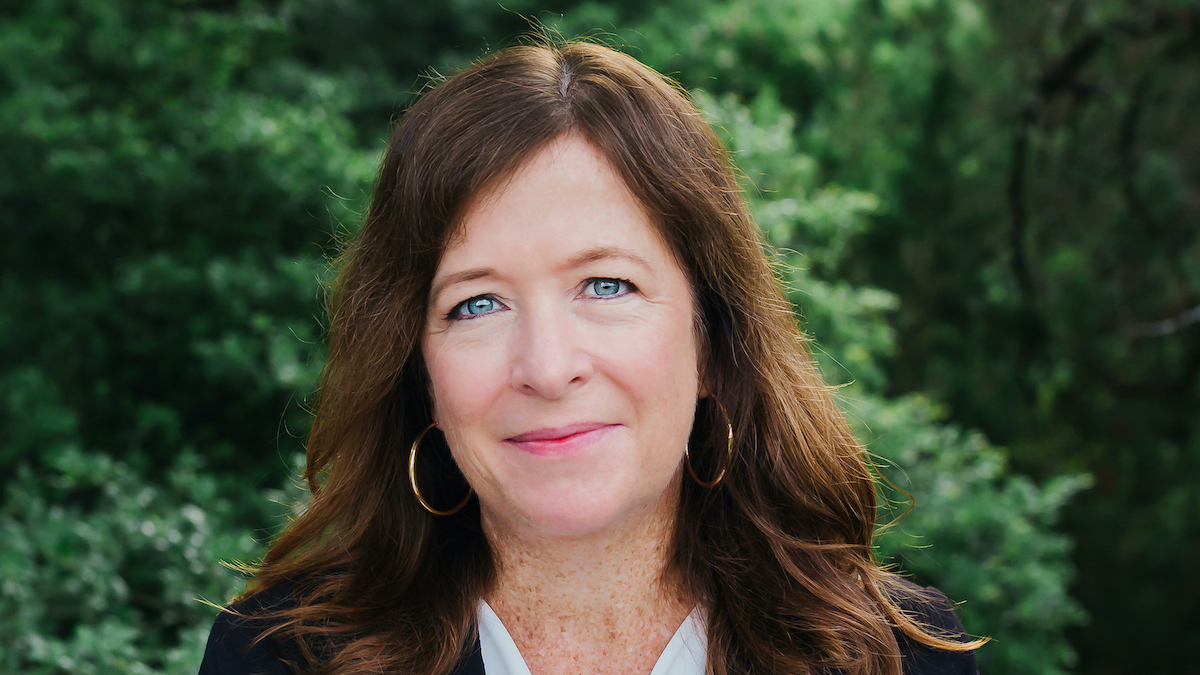Texas Private Schools Association (TPSA) executive director Laura Colangelo recently spoke on her organization's goals for the upcoming legislative session during an interview with Houston Daily.
"Our goals as an organization primarily are to protect the independence and autonomy of private schools," Colangelo said. "That's what we do. That's how we exist and that's our mission; as part of that."
Colangelo also signaled her support for ESAs, or educational savings accounts, where the government allocates a certain amount of money for parents to use for private schooling, homeschooling, online learning or other approved learning circumstances. In some instances, ESAs may allow for part-time public school courses and private school courses, such as a trade school or apprenticeship.
"We are very supportive of an ESA program," Colangelo said. "First of all, at TPSA, we do not see ourselves as competition to, or in opposition to, public schools, so we would never support a program that we thought was going to harm public schools in any way."
When asked if there were any potential downsides to the promotion of ESAs, Colangelo said that she couldn't think of any.
"If we do this right and we get the bill passed, kids will have another option, and again, it will not be a mass exodus from public schools," she said. "Most kids are going to continue to be educated in public schools, and we want to make sure they have strong support for that."
According to the Texas Scorecard, state lawmakers are currently discussing potential school choice legislation, with high-ranking Republicans such as Gov. Greg Abbott and Lt. Gov. Dan Patrick signaling their support. Several related bills have been filed, including those related to tax-credit scholarships, tax-credit ESAs and individual tax-credit reimbursement programs.
National School Choice Week reported that the Texas government spends approximately $10,342 on each public school student per year. Each school district in the state has open enrollment, meaning that parents can choose which public school in the district to send their kids to. There are currently over 1,800 private schools in Texas that charge anywhere from $9,762 to $11,249 in tuition.
"[Parents in rural areas] would never lose their public schools in those rural areas," Colangelo said. "The public schools are the heart of the community. It will continue to be that way. There probably aren't very many kids who would even want another option, and there aren't very many private schools right now in rural options. So I think those rural schools have very little to worry about."
Colangelo defined school choice as an umbrella term for multiple mechanisms allowing families to have another option for schooling.
"[A voucher is] sort of an old term, and that's a direct payment to a private school from the state (nobody’s talking about vouchers anymore, we’re interested in things like ESAs), or another one is a tax credit scholarship and that’s where it’s a funding mechanism through a corporate tax," Colangelo said. "In our case, it would be the insurance premium tax, and companies get a tax credit for donating to a scholarship program, and then that scholarship program gives scholarships to private schools. So there are different kinds of mechanisms for allowing families to have a choice in their child's education: Vouchers, ESAs and tax credits. ESAs seem to be the most flexible and the most popular right now, and that's what we're focusing on this session."
Colangelo said there are a lot of ways an ESA program can be implemented.
"But basically, a family who is in public school decides that their child needs another option, so they would leave that public school in the same way they're doing it now when they go to move to a different district, when they go to a charter school or when they pay for private schools themselves," she said. "That's already happening. OK, so it would be the same. It would be the same kind of way. Families leave public schools now, however, if they enroll in an ESA program, they would get a portion of what would have been paid for them to attend that public school."
"So usually it's 70, 80, 90% of what would have been paid for them to attend that school. The school would have gotten that money. So they take that, they find a school. They go to a different private school. The public school then gets that remaining portion, so the remaining 30, 20, however much the legislators decide," Colangelo said. "The public school can retain that money. They are not educating the child, and they're getting money for that child that they're not educating, and that is how the per-pupil funding goes up in areas with school choice."
While Colangelo did admit that the COVID-19 pandemic had negatively impacted private schools, recent times have shown a return in popularity.
"The enrollment has increased," she said. "The last count that we had was for the 21-22 school year, and we're up 14% in enrollment. Private schools are very focused on teacher-student relationships and the community of the school and Zoom school is not usually a part of that. So we had to be creative. We had to pivot like other schools."
The Texas Private Schools Association was founded in 1967 as the Texas Association of Non-Public Schools and acts as a statewide organization based in Austin that represents over 800 private accredited schools.
"With more than 900 private schools in Texas, it’s important to have a knowledgeable and committed presence in the Texas legislature," the website reads. "During each session, our team focuses on protecting the independence of private schools by stopping onerous regulations and government interference into our schools. During non-legislative session years, we work to strengthen our relationships with legislators, business leaders and community activists to ensure that the public understands the great benefits offered by private schools in Texas."

